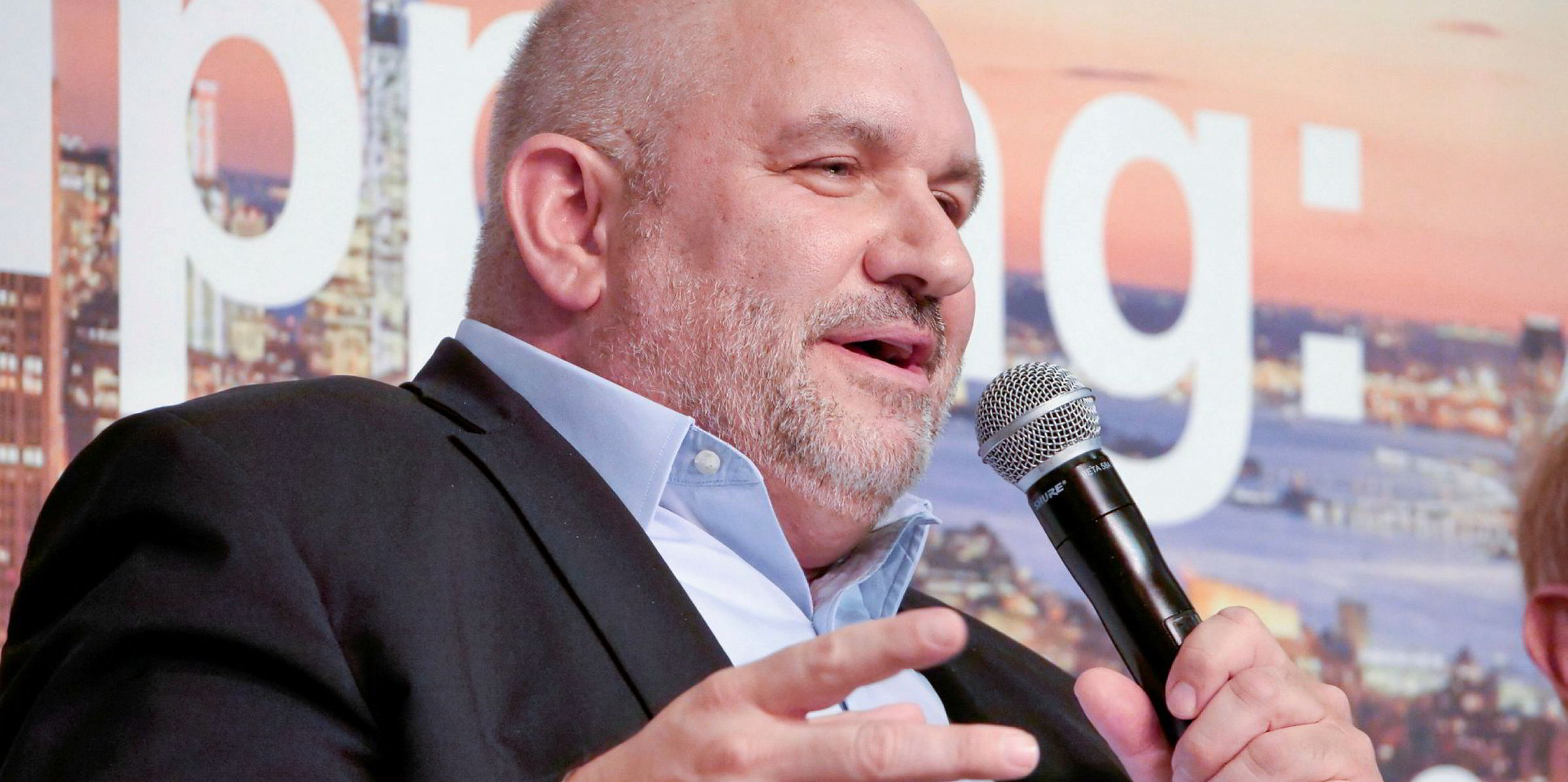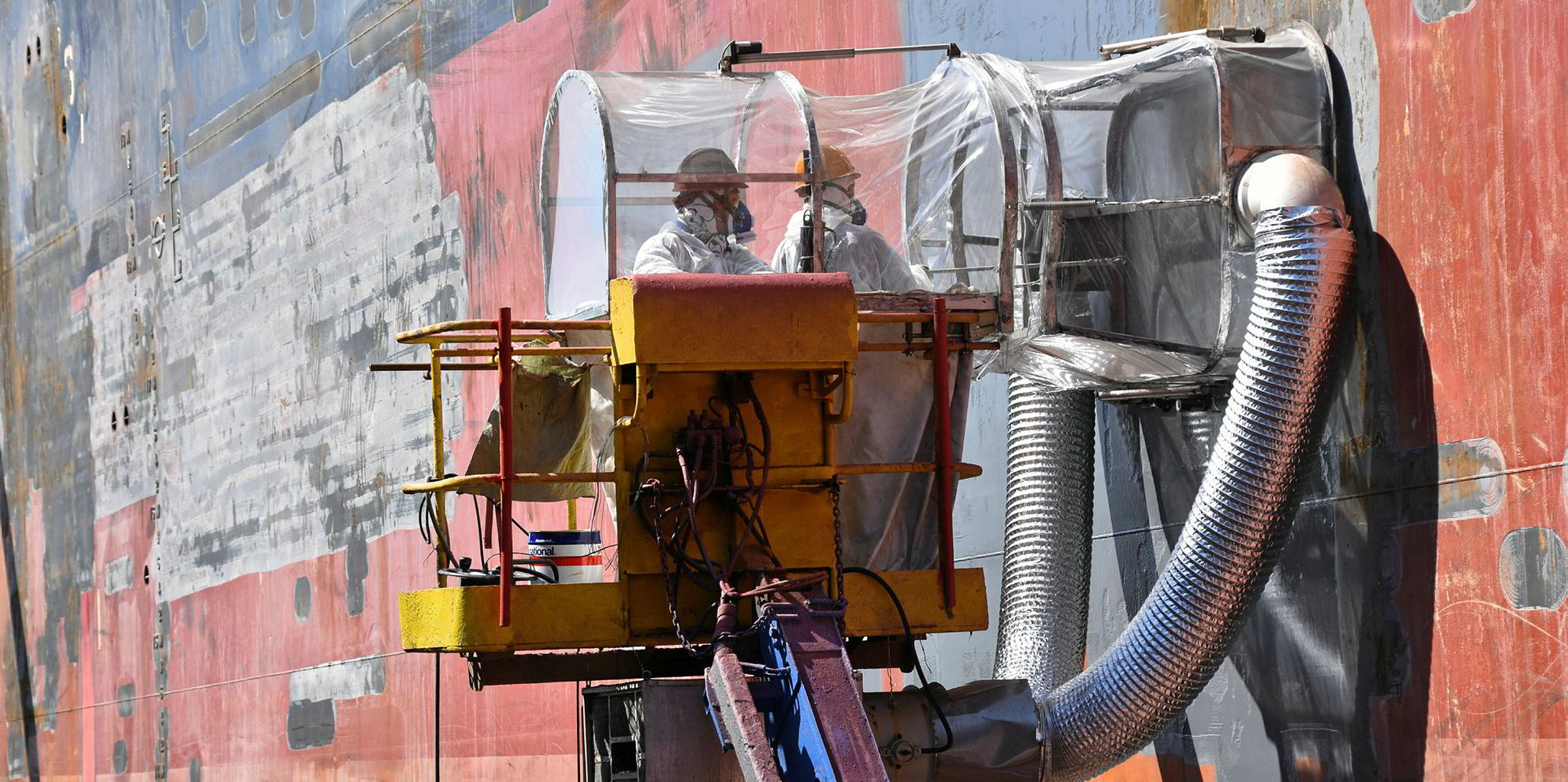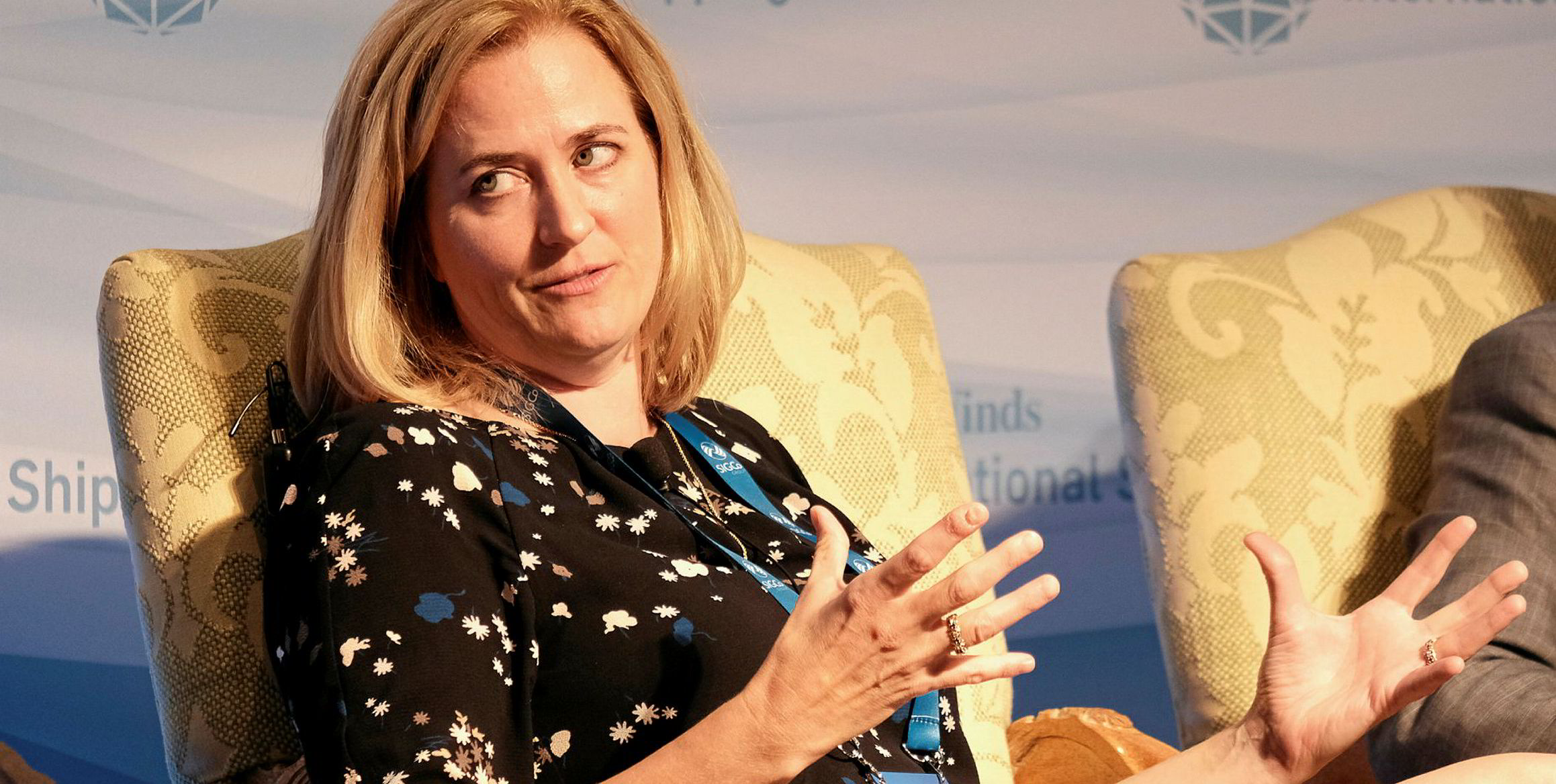Shipping still has work to do in areas like consolidation and stringing together consecutive profitable quarters.
But even in a time of coronavirus, it is doing more right than wrong compared to past periods of crisis in areas like corporate governance, responsible management of balance sheets and avoiding high newbuilding orderbooks.
That overall turn for the good had a panel of three veteran finance men bullish on the industry's future during a webinar earlier today hosted by Marine Money.
Veteran Citibank lender Michael Parker, checking in from home in London, said he's been moved to speak up on internal conference calls when bankers are discussing the industries hardest hit by the Covid-19 pandemic.
"Every time I hear the word shipping, I interject," Parker said.
"The supply overhang isn't there, and that's very good. There isn't a wave of newbuildings waiting to come in. Pre-crisis, a lot of money already had left shipping, there wasn't a lot coming in from the banks."
Investor David Marcus, sitting at home in New Jersey, said he and his Evermore Global Advisors see a new period of opportunity for shipping investments, harkening back to their initial entry in 2016, but with better behaviour from management teams.
"I think companies have evolved to a different level of undestanding," Marcus said.
"Now it could go right out the window very quickly. But companies are better at hoarding cash and optimising the balance sheet than they were in the past."
Meanwhile, lenders are more cooperative than in past cycles about proactively pushing out liquidity runways where necessary

Marcus sees an end to "that cycle of investors getting pissed off [with shipping]. We're at the point where investors are going to come back in again. We're getting calls from other investors as well."
Jefferies shipping investment banker Douglas Mavrinac, appearing from Park City, Utah, said public owners don't have a big need to raise equity capital at the moment and in most cases are not.
"Instead of issuing, they're buying back their shares. Dividend policies are very manageable, with some owners dialing them down as needed. I think it's all part of a better situation related to corporate governance," Mavrinac said.
Shipping still has two problems when it comes to attracting larger institutional investors, Marcus maintained: consistent profitability and scale.
"You have a lot of cheap stocks, but this is a sector that hasn't been able to string two good quarters together for a long time," Marcus said.
"Investors are still fixated on price to [net asset value], and the shift won't come until we can string together more than one good quarter."
On the scale issue, Marcus calls it a particular problem for dry bulk: "You can't attract the bigger investors when your market cap is $300m or $400m."
But Parker maintains that consolidation is going to come in earnest as shipowners are forced to adapt to investment in new propulsion systems aimed at zero carbon emissions, as encouraged under the Poseidon Principles — a lending protocol established by leading global banks — of which Parker is a lead architect.
"We know the capital demands are going to be huge," Parker said.
"The supply chain will be more attractive to investors than a single ship. The external drivers for consolidation are more important than the egos that have held it back so far."
Parker offered a nod of approval to New York-based tanker owner International Seaways, which he said is the first public owner to not only report its carbon emissions, but actually link them to the trajectory to 2050 goals as outlined by the Poseidon Principles in a report this week.







